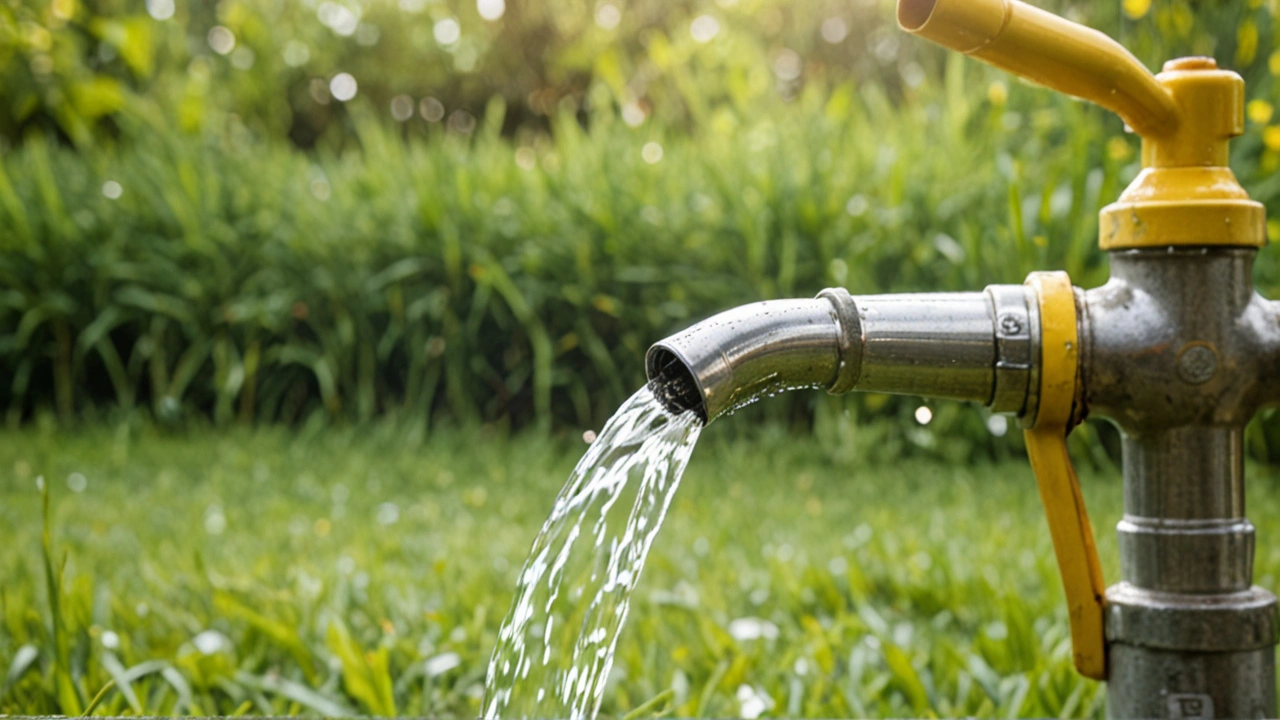Nairobi Water: What You Need to Know About Supply and Challenges
Nairobi, Kenya's bustling capital, faces lots of challenges around its water supply. As the city grows quickly, demand for clean and reliable water keeps rising. But limited infrastructure, inconsistent rainfall, and pollution make providing enough water tricky. So, what’s going on with Nairobi water, and how are things changing?
First off, Nairobi depends mainly on surface water from dams like the Thika Dam. These sources fill reservoirs that serve the city's residents and businesses. But when droughts hit or rainfall patterns get unpredictable, water levels drop fast. That means water rationing and pressure on underground supplies. It's a tight balance.
Why Water Access Is Tough for Many Nairobi Residents
A big issue is that not everyone in Nairobi gets continuous water service. Many low-income neighborhoods rely on water vendors or shared taps. This often means higher prices or limited daily supply. Infrastructure problems like leaking pipes or illegal connections also waste water and reduce availability.
Efforts to Improve Nairobi's Water Situation
Local authorities and organizations are working on solutions. Projects to expand and renovate pipelines aim to reduce water loss. There's also investment in new water treatment plants and better reservoir management. Some community programs promote rainwater harvesting and water-saving habits. Technology like smart water meters helps track usage and detect leaks early.
Still, Nairobi water challenges won’t vanish overnight. It takes teamwork between government, utilities, businesses, and residents. By staying informed and supporting sustainable water use, we can help Nairobi move toward better access and quality for all.
Got questions about Nairobi's water? Curious about how you can save water at home or support local initiatives? Stick around for updates and practical tips that make a difference.

